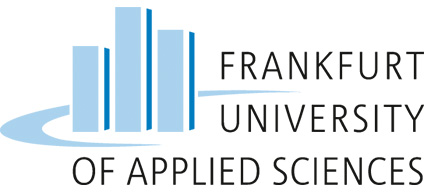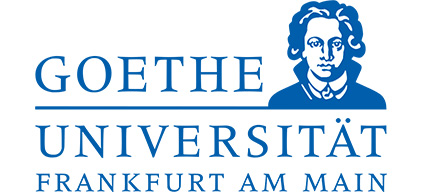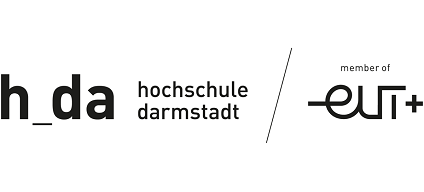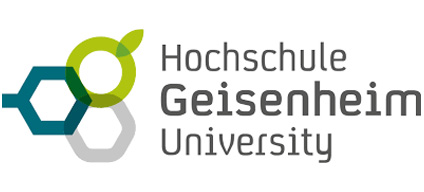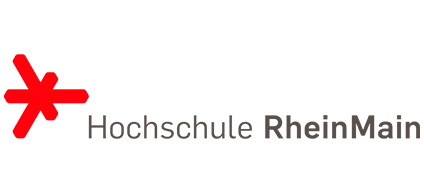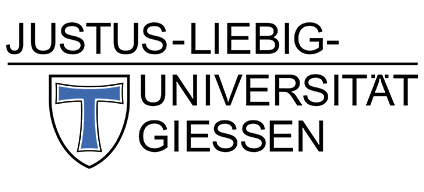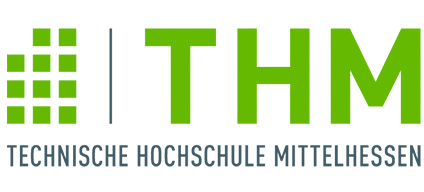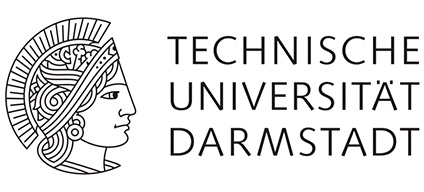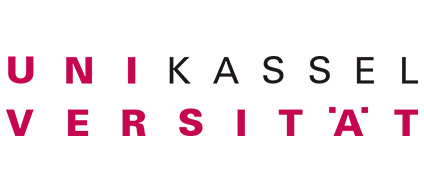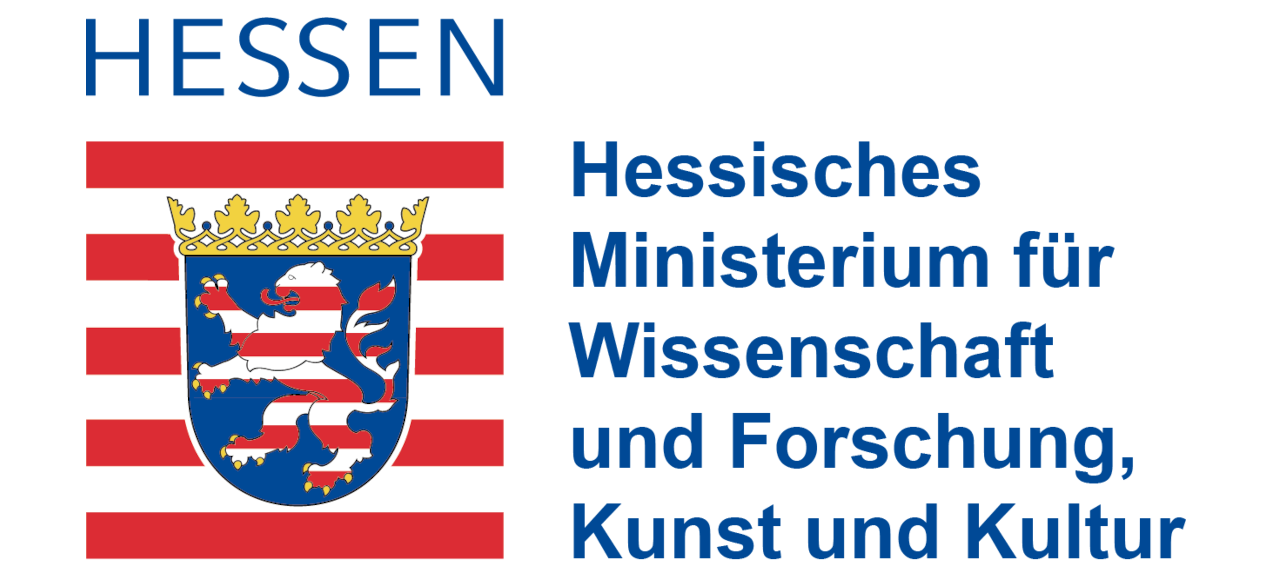Main Content
Fields Of Action

The fields of action of HeFDI include guidelines and regulations, data culture and data literacy, availability and interoperability, law, governance and organisational development as well as university-specific developments.
HeFDI is fundamentally oriented towards working in a research-oriented and needs-based manner and thus creates offers and services that are demanded and used by researchers. At the same time, HeFDI is oriented towards national and international processes and complies with the recommendations and requirements of the DFG, RfII (German Council for Scientific Information Infrastructures) and EOSC.
Inhalt ausklappen Inhalt einklappen Guidelines, Regulations, Data Management Plans
All HeFDI universities have adopted research data guidelines to provide clear orientation for their affiliated organisations. Thus, Hesse is the first federal state in which all universities in the state network can rely on research data guidelines. This serves as a model for the other states of Germany.
The guidelines, which are available across the board, provide members of the university network with an initial orientation. At the same time, the question arises of further implementation and operationalisation of the guidelines as well as of supporting tools. As a supporting tool, the HeFDI universities have installed the data management planner “Research Data Management Organiser” (RDMO), an extensive solution: TU Darmstadt hosts and maintains RDMO instances for HeFDI universities and for other interested parties.
The local RDMO offers can also be found on our website as well as the local policies for handling research data.
See also the HeFDI flyer on data management plans (in German).
Inhalt ausklappen Inhalt einklappen Data Culture and Data Literacy
HeFDI enables researchers to recognise the potential of digitally supported research and to use it for themselves. Furthermore, the service centres and associated projects are committed to teaching the importance of data and how to manage it already during studies.
The service points offer advice for researchers on all aspects of research data management, ranging from the collection to storage to publication to subsequent use of research data. The advisory services support third-party funding applications as well as the further development of existing projects.
In providing advice, the service points don’t only cooperate locally with university libraries and data centres, but also exchange information with HeFDI members throughout the state. This way, higher education institutions throughout Hesse benefit from the services and the shared knowledge pool of the research data experts in HeFDI.
In addition to consultations, the service points offer training for researchers. In the training courses, the service points teach data literacy: the know-how of collecting, handling, evaluating and applying data and critically questioning it (according to Ridsdale (2015:2)). In addition to their own resources, the service points draw on the expertise within HeFDI to offer a broad portfolio of training courses that cover aspects of data literacy as needed.
Inhalt ausklappen Inhalt einklappen Availability and Interoperability
Availability and sufficient interoperability of data are fundamental prerequisites for digitally supported research. In order to achieve this, the HeFDI universities are developing solutions to support active data management, institutional repositories and long-term archiving.
Active data management
HeFDI has reviewed existing services for active data management and, taking into account the demands of scientists, has thus identified gaps for which services are to be developed in the coming years. In addition, several collaborative research centres were supported in acquiring their own projects on information infrastructure for active data management.
Repositories
Since 2019, institutional research data repositories have been offered at three of the participating universities. In repository operation, the HeFDI partners rely on division of labour: The Philipps-Universität Marburg (UMR) and the Technische Universität Darmstadt (TUDa) host repositories for other Hessian universities and ensure technical operation as well as 3rd-level support. Justus-Liebig-Universität Gießen is also setting up an institutional repository solution. The aim is to achieve maximum interoperability and avoid isolated solutions within Hesse, with close cooperation in setting up and operating the repository. The metadata used in the repository is based on a standard developed and used in HeFDI, which is based on recommendations from DataCite (Institute for DOI Registration) and DINI (Deutsche Initiative für Netzwerkinformation e. V. – German Initiative for Network Information). Adaptations and further developments of the repositories are jointly discussed, processed and re-used in HeFDI – creating considerable synergies and saving costs. The open-source repository software DSpace serves as a technical basis. It is one of the most common repository software products worldwide and is maintained and further developed by a large, international community. This joint repository solution gives all HeFDI universities the possibility of directly implementing a solution for storing and, if necessary, publishing research data at their own institution. They can thus easily comply with the new DFG guidelines.
About the repositories:
Repository of the Philipps University of Marburg: data_UMR
Repository of the Technical University of Darmstadt: TUdatalib
Repository of the University of Kassel: DaKS
Repository of the Justus Liebig University Giessen: JLUdataLong-term availability of research data
The long-term archiving of research data is a largely unresolved issue due to the heterogeneity of the data. In close coordination with infrastructural stakeholders in the state of Hesse, HeFDI has been involved in eliciting the status quo on the long-term archiving of research data. In addition, HeFDI participates in the steering group of the project Long-term Availability at Hessian Universities (LaVaH). For HeFDI, long-term availability of research data is primarily a question of metadata standards and workflows in the repositories. Here, HeFDI is looking for procedural solutions and corresponding resources in the medium term.
HeFDI flyer on data publications 1 (PDF)
HeFDI flyer on data publications 2 (PDF)
HeFDI flyer on electronic lab books (PDF)
HeFDI flyer on storage media (PDF)
HeFDI flyer on metadata (PDF)
HeFDI flyer on the storage of image and audiovisual data (PDF)Inhalt ausklappen Inhalt einklappen Law
Legal questions about research data arise regarding authorship and rights of use (including licences) as well as data protection. Even though many legal questions about data are easy to answer, there is still a great deal of uncertainty in the field of research, which leads to a need for action (see also GWK 2018; Lauber-Rönsberg/Krahn/Baumann 2018 (GER)). Clear principles of action and regulations are needed to enable and facilitate legally compliant conduct by researchers.
The HeFDI universities have provided researchers with orientation in the form of guidelines or policies adopted at all universities. At the same time, however, the need for information and support concerning the entire spectrum of possible legal issues has remained high in the course of counselling and further contacts with researchers. In order to meet this need, cooperation between different organisational units at the respective higher education institution and joint support for researchers are necessary.
The local service points for research data provide university members with information on legal issues relating to research data. They have built up in-depth expertise at some locations and developed an information graphic. In addition, they link existing local competences and resources to support researchers. HeFDI is also involved in establishing supra-regional networking on the topic.
Inhalt ausklappen Inhalt einklappen Governance and Organisational Development
The development of research data infrastructures goes hand in hand with structural changes: libraries, computing centres and research departments as well as NFDI and EOSC bodies are faced with the challenge of establishing up-to-date networked structures, services and associated resources that can respond to current needs and do justice to the highly dynamic development of the field. All parties involved must therefore continue to develop as organisations and adapt structurally.
The HeFDI network therefore sees governance and organisational development as its own field of action in order to meet the general need for lasting solutions and to enable and support the organisational and institutional changes necessary for this. Through the creation of the local service points for research data, through the integration of different actors on site, through constant accompanying team building as well as through constant, transparent information and inclusion of the different decision-making levels, numerous impulses for resilient governance and organisational development have already been set.
Inhalt ausklappen Inhalt einklappen University Specific Developments
Within the cooperative network, HeFDI has enabled and supported the needs-oriented development of specific services and structures for higher education for all participating universities and university types, i.e., comprehensive universities, technical universities, universities of applied sciences (UAS) and new types of universities.
It is questionable, for example, to what extent the situation at universities of applied sciences requires special procedures and/or resources. From HeFDI's point of view, research data management offers a unique opportunity, especially for universities of applied sciences and for the new types of universities, which together make up more than half of HeFDI's member universities. Especially at the UAS, which are strong in research, quality assured RDM is just as central an element of quality assurance as it is for research at the universities. At the same time, the initial situation in terms of science policy, with newly founded doctoral centres and the ongoing institutional bundling of interdisciplinary, application-oriented research in scientific centres and research associations, offers particularly favourable conditions for an early, sustainable anchoring of RDM. At the same time, it is becoming apparent that this type of higher education institution is partly confronted with special framework conditions regarding the implementation of RDM, which requires specific concepts for RDM.
Through the participation of Fulda University of Applied Sciences in the associated BMBF (Federal Ministry of Education and Research) joint project FOKUS, the first practical steps were taken, together with the five universities involved, towards training in research data management in the course of the new independent right to award doctorates, and experiences with specific subject foci at the universities were exchanged. Likewise, the research data experts of all participating UAS have compiled the specifics of their university type at the working level and elicited consequences. This broad spectrum of experiences and demand impulses has shown on the one hand that the UAS have different framework conditions in the area of RDM compared to the universities, and on the other hand that there are specific opportunities with regard to their own university structure, their orientation in research and their cooperation partners. In 2019, HeFDI organised, among other things, a workshop on research data management at UAS.
